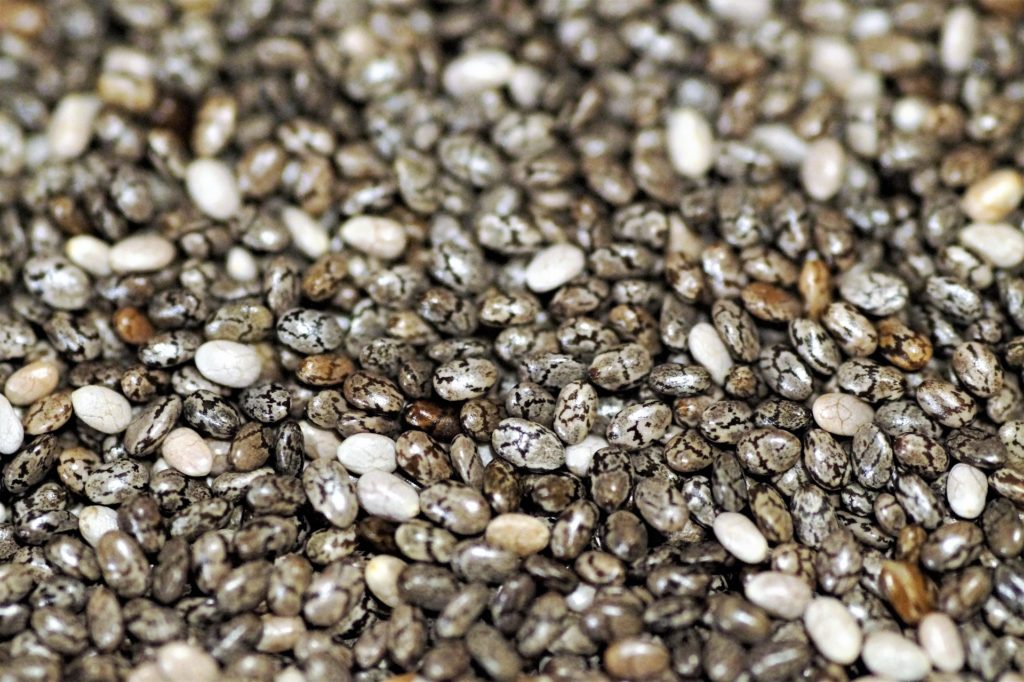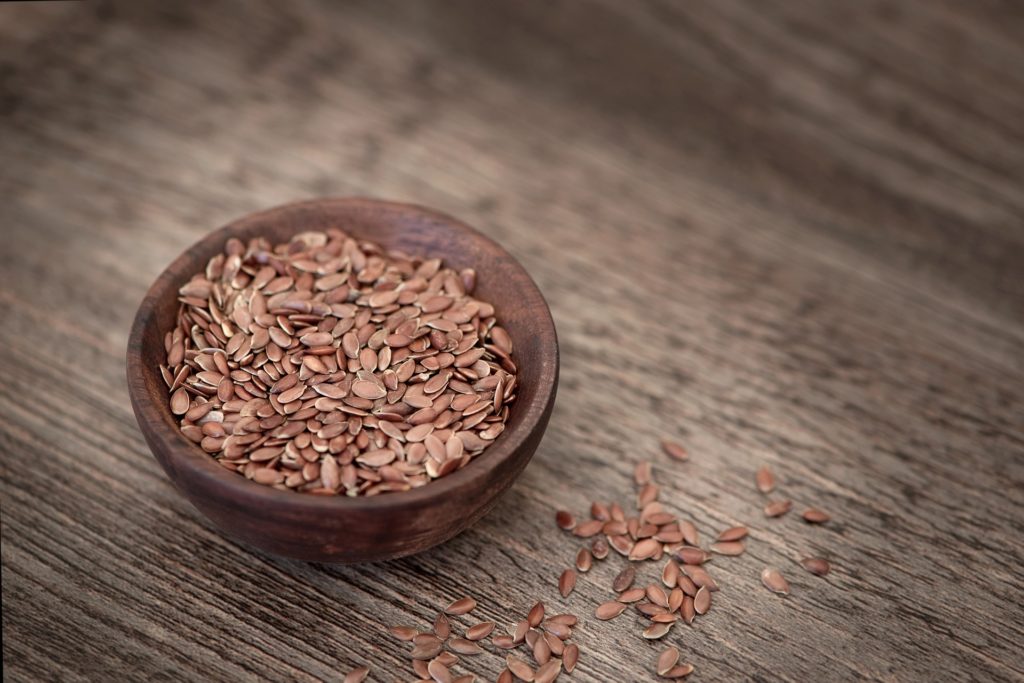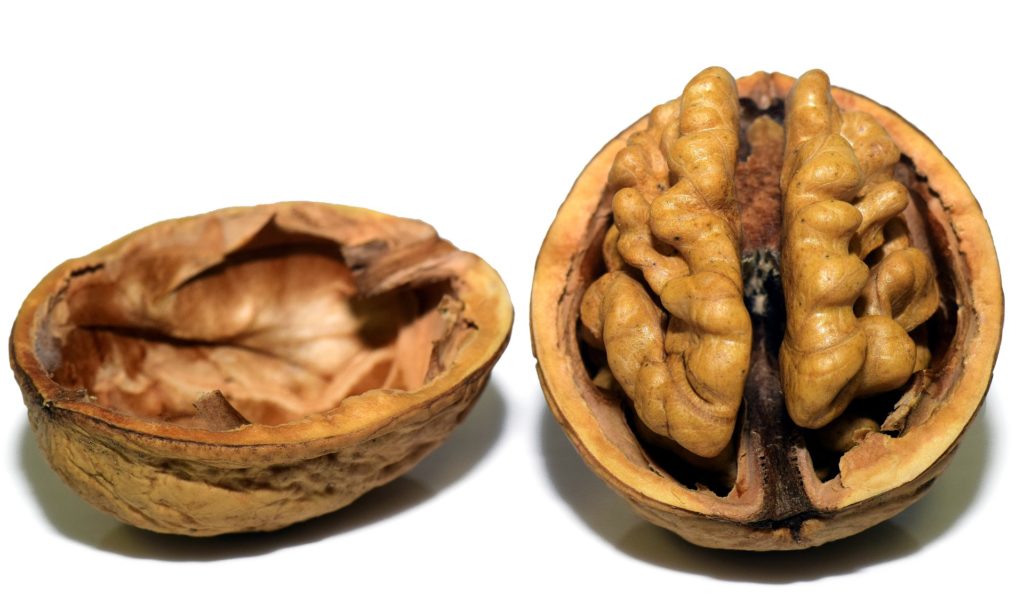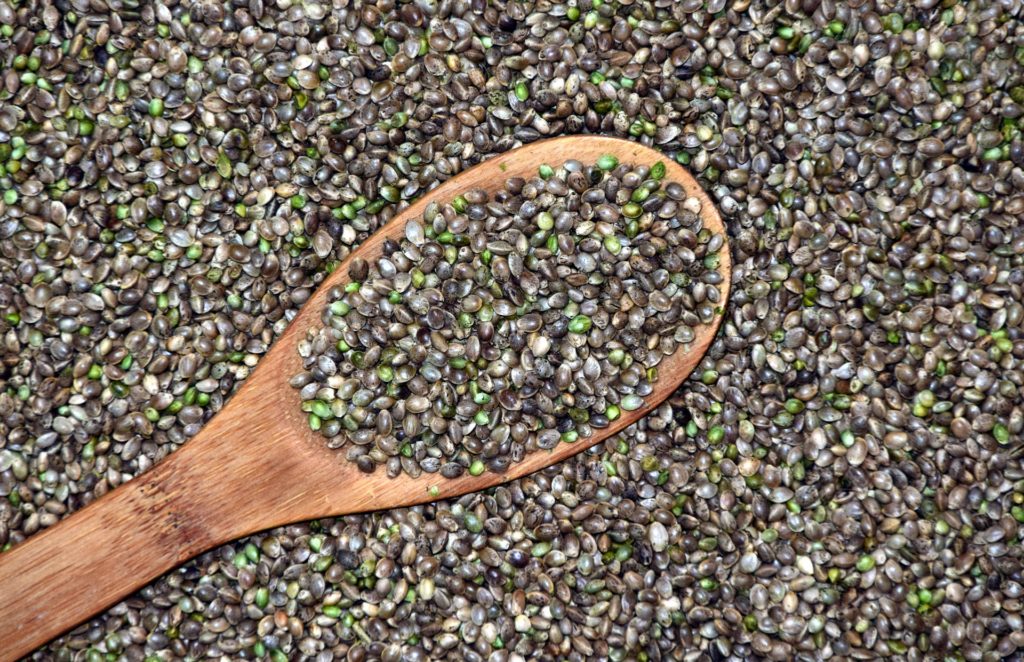The Best Sources of Omega 3 Rich Foods | Essential Fatty Acids
Essential fatty acids such as the omega 3’s DHA and EPA are crucial for the integrity and health of the human body. Unfortunately, most are deficient in these essential omega 3’s due to lack of omega 3 rich foods in the diet.
Research has shown that omega 3 helps prevent cardiovascular disease, protects the body against age related disease such as Alzheimer’s and Dementia, and reduces inflammation in the body (1).
Being deficient in essential omega 3 fatty acids is the last thing you would want due to the health risks that are involved when becoming low or deficient in omega 3’s.
What are Omega 3 Fatty Acids?
Omega 3 fatty acids are unsaturated fatty acids that occur mostly in fish and fish oils. As mentioned before, they’re crucial for maintaining the health of the body and protecting against several degenerative diseases.
There are three omega 3’s that exist in nature, two of which only occur in animal products. Both Docosahexaenoic acid (DHA) and Eicosapentaenoic Acid (EPA) are essential for human health and only come from animal foods. Alpha-Linolenic Acid (ALA) occurs mostly in plant foods and must be converted by the body into DHA and EPA.
Those following a vegan or vegetarian diet are at risk for developing an omega 3 deficiency since no DHA or EPA exists on such diets. As a result, the body is forced to convert ALA into both DHA/EPA and research has found that this process to be extremely inefficient with only about 5% of the ALA actually being converted (2).
With that said, ALA still has its health benefits and has shown to reduce inflammatory conditions in the body (3). However, consuming a diet devoid of omega 3 rich foods such as animal products which contain the necessary DHA and EPA is not recommended.
Symptoms of an Essential Fatty Acid Deficiency
It’s quite possible that those suffering from a deficiency in omega 3’s don’t even know it. The signs can be very subtle at first and progressively get worse as time goes on. Below is a list of the most common symptoms associated with an essential fatty acid deficiency.
Dry skin/hair or brittle nails
Anxiety or Depression
Low Energy
Trouble Sleeping
Dry cracking skin or scaly skin
Trouble Concentrating
Excessive Thirst
Trouble Sleeping and Waking
If you’re experiencing any of these symptoms, there is a high possibility that you may be low in essential fatty acids. If left untreated long enough, serious irreversible health consequences could result. It’s essential that you begin to increase your intake of omega 3 rich foods immediately in order to correct a possible deficiency.
The Best Sources of Omega 3 Rich Foods
Extra Virgin Cod Liver Oil – Essential Fatty Acids
Raw extra virgin cod liver oil is a powerhouse of vital nutrients that promote health and wellbeing in the body. Vitamins D, A, K2, and several essential trace minerals can be found abundantly in cod liver oil. It’s also an excellent source of the essential fatty acids DHA and EPA.
As mentioned before, DHA and EPA are only found in animal products and are crucial for protection against several degenerative diseases. In fact, these two omega 3 fatty acids are mandatory in order for healthy development during childhood.
Research published in Obstetrics & Gynecology found that children born to mothers who supplemented with cod liver oil during pregnancy showed better cognitive and language development compared to children born to mothers who did not supplement with cod liver oil during pregnancy (4).
Cod liver oil also helps reduce inflammation in the body due to its high load of DHA and EPA. It’s been shown that patients suffering from rheumatoid arthritis can reduce their symptoms when supplementing with cod liver oil daily (5).
This is mainly because the essential fatty acids DHA and EPA have strong anti-inflammatory properties in the body. In fact, research indicates that dietary supplementation with fish oils benefit several inflammatory and many autoimmune conditions in the body (6).
Simply take 1-2 teaspoons each day in order to get the omega 3 benefits. Cod liver oil is extremely concentrated and not a lot is needed in order to acquire its benefits. It’s one of the best sources of omega 3 on the planet!
Fatty Fish
Fish such as mackerel and salmon are excellent sources of both EPA and DHA. Fish high in omega 3 such as salmon and mackerel can help combat an essential fatty acid deficiency in the body. Aim for 2-3 servings of these types of a fish a week. This will give your body the much needed omega 3’s it desperately needs.

A three ounce serving of wild caught salmon contains approximately 2 grams total of omega 3. With that said, broiling the fish for a short period of time would be best as this will help preserve the delicate omega 3’s that are sensitive to high heat. This will ensure that you get the most omega 3 possible which can will help restore levels in the body faster.
Pastured Eggs
Pastured eggs coming from chickens free to roam and scavenge can be an excellent source of highly bioavailable omega 3. Many health experts consider the egg to be one of the nature’s perfect foods. It contains every single element needed to sustain life.
However, don’t expect to get the same benefits from eggs coming from factory farmed chickens fed an unnatural diet. A study published in Saudi Journal of Biological Sciences found that eggs coming from chickens eating a more natural diet contained almost 4 times more DHA than eggs coming from chickens fed a commercial diet (7).

Also, if you’re aiming for longevity, it’s been shown that many of the centenarians consumed either lightly cooked or raw eggs daily into their diet.
Just be sure to eat the yolk! The yolk is where all the vitamins, minerals, and essential fatty acids are stored in the egg.
Grass Fed Meat
Beef coming from animals able to roam and graze green pasture can be an excellent source of essential omega 3’s. Although the DHA and EPA content is not as high in wild caught fish, grass fed beef is still considered to be one the best omega 3 rich foods on the planet. It can also add variety to your diet so that you’re not always consuming fish every single day which can get pretty boring.
However, just like eggs, don’t expect to get the same health benefits from factory farmed meat which is feed grain and antibiotics. In fact, research spanning 3 decades has shown that grass-based animal diets can significantly improve the fatty acid composition and antioxidant content in beef (9).
Unfortunately, finding grass fed beef can be extremely difficult for some as grocery stores will not carry it depending on location and certain demographics. Luckily, for those who wish to incorporate grass fed meats into their diet, the Weston A. Price foundation is a wonderful tool for finding local farmers around your area.
Most farmers allow you to buy directly from them and some even have “cow shares” where you can actually buy your own cow at which point will be packaged for you when it comes time to harvest the animal. Not only does this help small farmers, but it allows you to eat food coming from your local landscape.
Simply eating grass beef 2-3 times a week can help improve omega 3 levels in the body naturally and effectively.
Plant Food Sources of Omega 3’s
Since plants do not contain the DHA or EPA, they are not considered to be the best source of omega 3’s. However, research has indicated that ALA (the omega 3 found in plants) can help protect against inflammation in the body and may benefit the body in ways that DHA and EPA do not. For this reason, we’ve decided to make a small list of the best plant sources of ALA.
Chia Seeds
Chia seeds have been used for centuries for their many health promoting properties. In fact, it was discovered that ancient Mayan warriors would frequently consume these seeds during long treks or battle. It was thought that chia seeds gave the warriors strength and stamina.

It’s best to soak chia seeds over night before consuming. This will help reduce the anti-nutrient content in the chia seeds and will create a mucilaginous gel. When chia seeds are in this state, they become very beneficial for an inflamed gut due to their cooling and mucilaginous properties.
Flax Seeds
Flax seeds are another great option and contain an abundance of the omega 3 ALA. It’s important that you refrain from buying “ground flaxseed” as most of these have gone rancid. Flax seeds have been shown to oxide quickly when in their ground state.

For this reason, it’s best to buy whole organic flax seeds and then grind them yourself before using. A coffee grinder works perfectly and ensures you’re getting a fresh product. This will also help reduce the anti-nutrient content and give your digestive system a better chance at using the vitamins and minerals found within flax seeds.
Walnuts
Many may have noticed that walnuts are in the shape of the human brain. Interestingly, it contains a good amount of the omega 3 ALA. Walnuts can make an excellent snack for anyone looking to boost their omega 3 levels in the body natural.

However, since walnuts are a nut, they contain various anti-nutrients. Research has shown that these anti-nutrients can hinder the absorption of key minerals in the body such as calcium, magnesium, zinc, and copper (10). As a result, it’s best to consume walnuts only a few times per week in small amounts.
Hemp Seeds
Hemp seeds are another great option for boosting omega 3 levels in the body. This seed is extremely high in both protein and ALA. Also, it’s been found that hemp seeds are very low in anti-nutrients.

Hemp seeds can make a great addition to your favorite superfood shake or your favorite salad. Out of all the nuts and seeds, hemp seeds are probably the least likely to cause digestive troubles due to their low anti nutrient content. However, just like all nuts and seeds, they should be eaten in moderation.
Conclusion
For those suffering from an essential fatty acid deficiency, incorporating any of the foods found in this list can help improve the condition. That being said, you should be looking for ways in which you can improve your diet and trying to figure out why the deficiency occurred in the first place. Making sure you’re getting enough omega 3 daily is crucial for health and wellbeing. As mentioned in the post, several degenerative disease(s) have been linked to a deficiency in omega 3 in the body. Luckily, with correct food choices and diet, adequate amounts of essential fatty acids can be obtained each day for optimal health.


I am totally amazed by knowing about the omega3’s benefits.I did not know that omega 3 can do so much if we take every day.Totally amazing .This article is amazing.Thanks for sharing the sources of omega-3 .I used to think just fish and egg has omega-3 .There are many sources of omega-3 as you have mentioned.Very informative article.